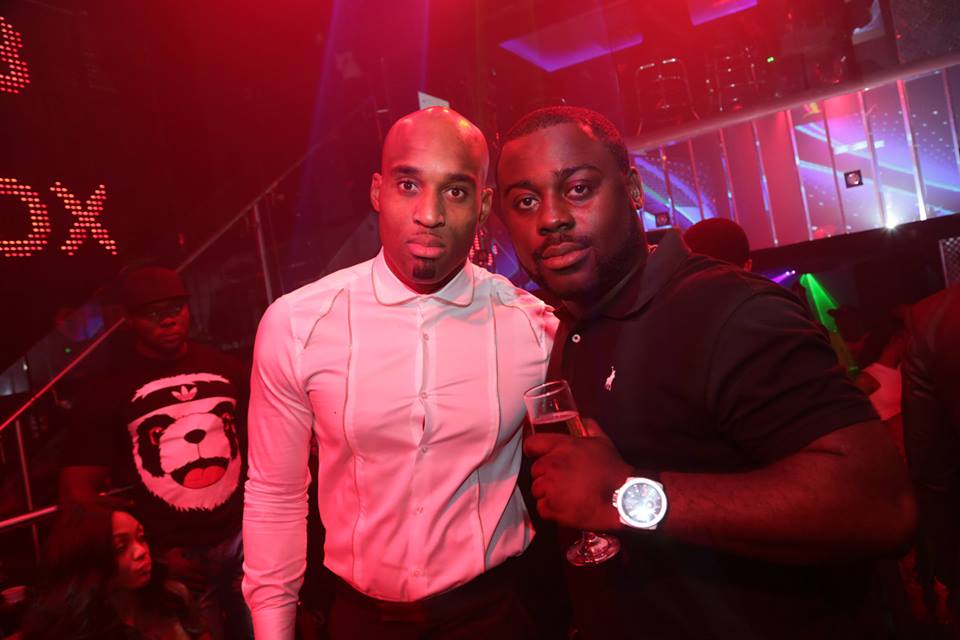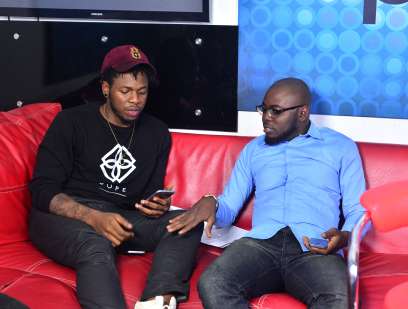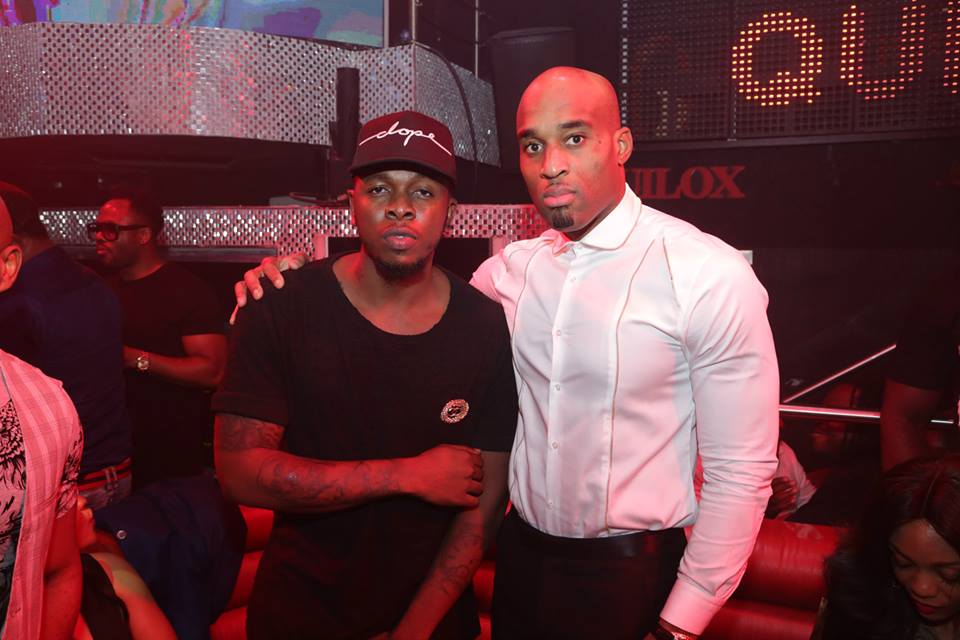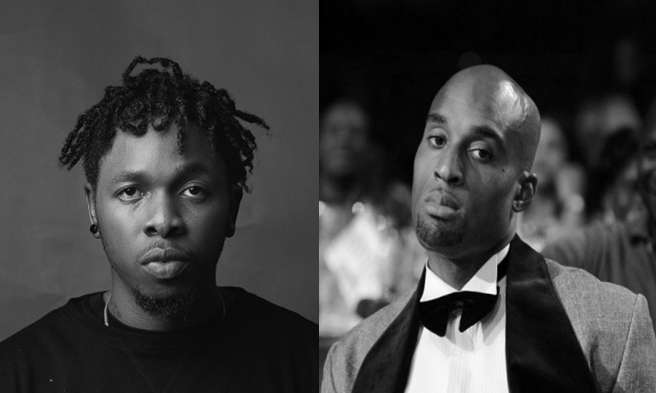In 2014, when I first heard that Runtown had left the Penthauze he and Phyno had built from modest foundations at Keruzo Studios, Enugu, I was flabbergasted.

Runtown and Phyno (Throwback)
There’s still brotherly love and a lot of collaborative music between Phyno and Runtown and crucially, for those collaborations to be symbiotic, there’s a lot of success on both sides. However, for all their individual successes, it still saddens me till this day that Phyno and Runtown couldn’t have done it together. No, not necessarily as a production team but at the very least, as a business unit. That said, when I saw flashy video, after flashy video and then a DJ Khaled feature on a debut album, it all started to make sense. Yes, this is pre-Snapchat Khaled but we are talking about a multiplatinum DJ and producer all the same. Runtown made a run for the money, the slow grind at Penthauze Records wasn’t going to do that for him.
Mu na Dilly na ku si and we’re steady getting money
I say money because by Runtown’s own admission, there were other labels looking for his signature. He ended up signing with EricMany Records, a label owned by Prince Okwudili “Dilly” Umenyiora. Few of Runtown’s options would have had pockets deeper than the billionaire’s but surely one or two of them would have industry contacts richer than a man whose major success is in dealing cars.
There are 3 groups of record labels in Nigeria –
- Labels run or fronted by artists who blew up and created a company as an extension of their brand or movement (Empire Mates, Mavin Records, YBNL)
- Labels run by industry professionals who often run it as a semi-autonomous division of their entertainment company (X3M, Chocolate City, Kennis Music)
- Labels bankrolled by wealthy investors who may not know much about the business but put their money in it anyway and hire professionals to oversee it, that’s where EricMany fits in.
In the long run, signing with a wealthy investor is arguably the trickiest of the 3, because the true motives of an entrepreneur who dabbles into a field well outside their area of expertise isn’t always finance or creating a legacy or even love for the music. Runtown alleges that he performed multiple times for Mr. Umenyiora’s associates free of charge, if you believe him, then you’d also have to believe that the words “two of my watches are worth more than that contract” came out of Mr. Umenyiora’s mouth as well. Then if so, why exactly did you sign Runtown, oga?
EricMany has a different story, the label alleges all was well until a certain Bugwo Aneto-Okeke started siphoning money out of Runtown’s account at the label and gradually isolated the pop star from them. Bugwo is Runtown’s manager and up until recently, was also the General Manager of Eric Many. On his own part, Bugwo says problems between artist and label have been going on for a while and he only tried to mediate. Runtown agrees with his manager and they both insist that the issues started as far back as the first few months of the contract.

Okwudili and Bugwo (Facebook)
Let’s paint an inexact sketch of Runtown’s contract for illustration purposes. Let’s say Runtown was indeed advanced and his account with the label was credited with N40 million spread over the duration of his initial two year contract. Back in April when the going was good, Runtown and company bragged that they’d made N35 million from MTN Music Plus in less than a year. For the sake of analysis let’s assume that that’s the only money Runtown made in his time with Eric Many, where is the N5 million shortfall going to come out from? It could come from direct sales and publishing only or it could come from the endorsement deals and performances. If the latter is the case, then it could be why Runtown says he’s only seen money from his performances thrice. Again, I ask had Eric Many recouped?
An intellectual property lawyer is crucial in working out the finer points of what constitutes a recoupable expense and which revenue streams can be exploited and which are untouchable. Both parties have broken their gentleman’s agreement not to litigate their issues and they’ve also utilized the media effectively in the past few days. Runtown has gotten his lawyer Abimbola Fakeye to request for a termination of contract while Eric Many has gotten a court injunction to stop Runtown from performing and/or benefitting from his music. However, did both parties listen to their lawyers from the start or did they do a nwanne-nwanne agreement and two years down the line, they are now looking to the law for protection?

Runtown and Abimbola Fakeye (Pulse)
Nonetheless, regardless of their internal inefficiencies, an artist should never be owed money indefinitely. Periodic account audits should help both parties reconcile and move forward. Receipts must be kept and expenses must be tracked for proper audits to be done but then again, how many labels in the country are disciplined enough for the more secretarial tasks of running a business such as bookkeeping? How many managers are knowledgeable enough to know that this is part of their job? If Bugwo is one of those managers and Eric Many is one of such labels, then this could be an open-and-shut case.

Runtown and Okwudili when the going was good (Facebook)
As a fan of Enugu music culture, I didn’t want Phyno and Runtown to go their separate ways – but they did, big deal. I know some artists get into really ill-advised contracts but contracts are just contracts, they aren’t meant to have everlasting life and artists certainly do not have to die before they can get out of them.
*This is part of our Ojoro Counsel series – the series features a bunch of legal illiterates dissecting music law and debating intellectual property in a way the common man will understand.*


